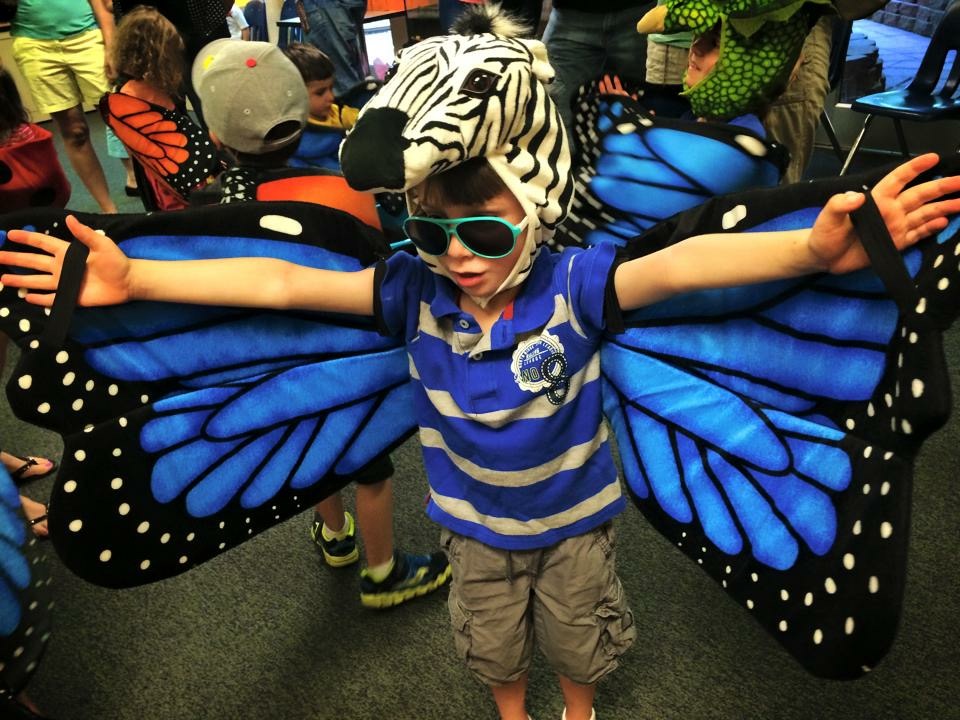Are children being taught to be good citizens at home and in school? Exactly what is good citizenship?
Citizenship has two simple meanings. It is defined as a membership in a country, community, or group. Citizenship allows privileges such as voting, holding public office, paying taxes, and following the law. The meaning indicates involvement in the community. It signifies that you and your family:
• care about the feelings and rights of others,
• show concern for the safety of others,
• keep informed about issues,
• demonstrate concern for resources (reduce, reuse, recycle),
• make good judgments,
• display courage and stand up for beliefs.
For children, we want them to grow up to be responsible citizens and good people. They should learn to feel, think, and act by respecting themselves and others. They need to recognize the democratic principles in which our country was founded. When children do not learn proper values and behavior while they are young, they develop problems that grow with serious consequences such as, dropping out of school, drug use, teen pregnancy, violent crime, etc.
Children need to learn:
• to have compassion by identifying with and being concerned about the feelings of others. This builds an understanding of being tolerant to various points of views and beliefs.
• to be honest and fair with themselves and with others. Children must face their mistakes and play by the rules.
• self-discipline and to set realistic goals, keep promises, and follow through commitments.
• good judgment by thinking about what is right or wrong.
• respect for others and follow the Golden Rule ‘Do unto others as you would have others do unto you’.
• self-respect to develop inner strength and avoid the influence of others.
• courage to do what is right even in a difficult situation.
• responsible behavior and accept consequences without making excuses.
Children learn what they live. Good citizenship begins at home.
We want our schools not only to teach citizenship but to demonstrate it through the way they operate. Building strong citizens develops self-confidence, gives a voice, and enables children to make a positive contribution to society. Eleanor Roosevelt recognized the importance of teaching citizenship in her 1930 publication entitled Good Citizenship: The Purpose of Education.
We have the capacity to help students become great citizens at home, in school, and with sports. We need a generation of children who are ready to take responsibility, be learners, and take on today’s challenges.



